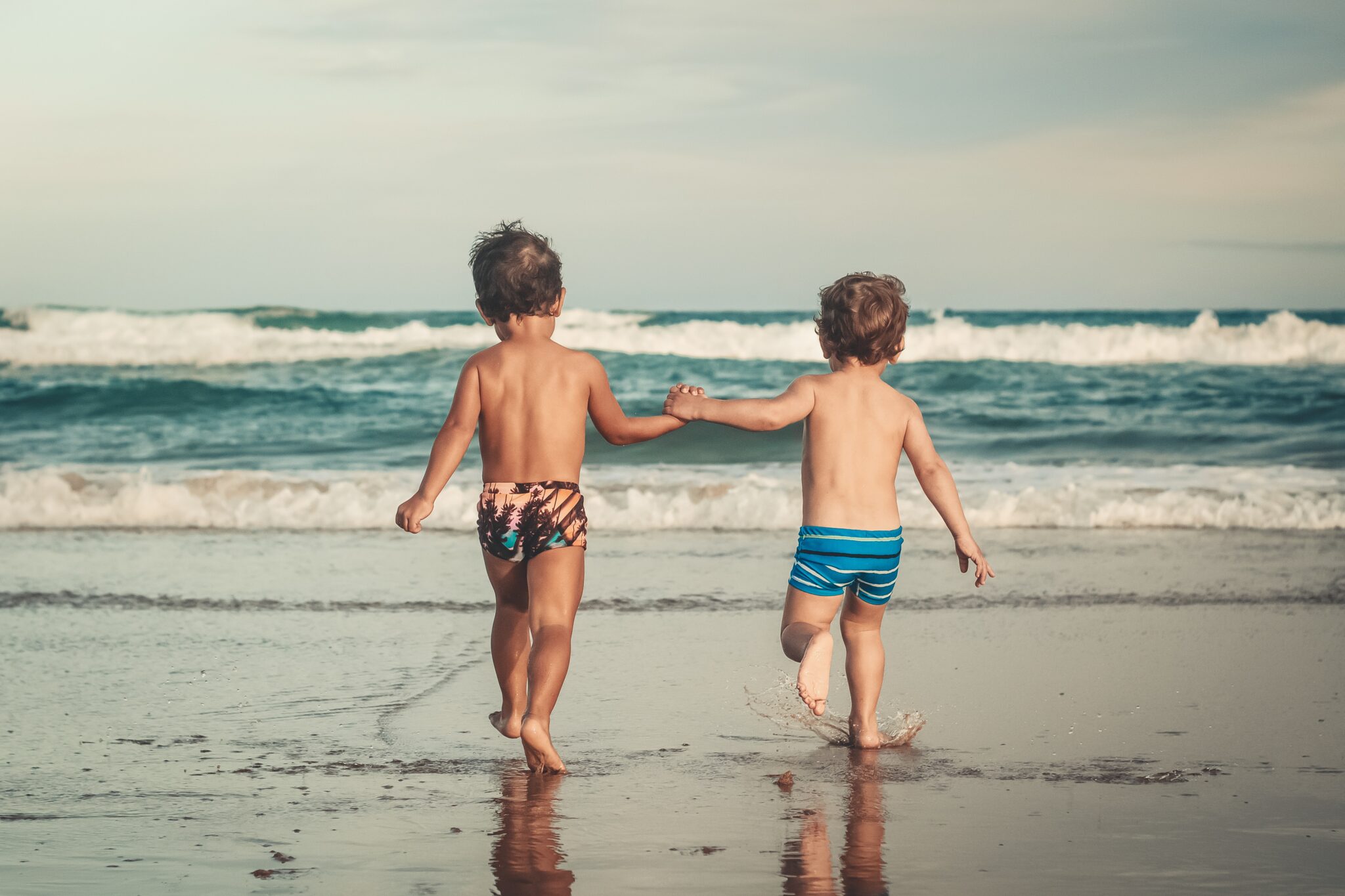Summer is almost here, and you know what that means, it’s almost time to enjoy some fun in the sun, at the beach or at the neighborhood pool. What can you do to always put safety first when participating in water activities with your loved ones?
Here are some recommendations from the experts of the American Academy of Pediatrics on how to be safe this spring and summer:
AT THE POOL
• Children under 6 years of age who can’t swim 50 meters (164 ft = size of Olympic pool) should be kept at arms reach.
• Children who are able to swim 50 meters (164 feet) unassisted, should not be let out of your sight.
• Children should always wear US Coast Guard-Approved life jackets when near or on a body of water (pools, lakes, oceans, etc.)
• Caretakers should not drink alcoholic beverages or use mind-altering substances while watching children in the pool, lake, ocean or other bodies of water.
• If multiple young children are in the pool, designate other adults or responsible teens as “water watchers”.
• After using a baby pool, empty it out & turn it upside-down.
• Remove all toys from the pool so the children are not tempted to get back in and play.
• Secure your own pool on all four sides with a 4 foot-high, self-latching fence.
SUNSCREEN
• Always wear sunscreen when outdoors, especially in the pool.
• Sunscreen with SPF 30 blocks 97 % of the sun’s UVB rays; no sunscreen can block 100% of the sun’s UVB rays.
SUNSCREEN FOR INFANTS
• FDA recommends that infants under 6 months of age be kept out of the sun, and avoid exposure to the sun in the hours between 10 AM – 2 PM when Ultraviolet (UV) rays are most intense.
• Best protection is to keep the baby in the shade; if there is no natural shade, use an umbrella or a canopy.
• The AAP (American Academy of Pediatrics) suggests dressing infants in lightweight long pants, long-sleeved shirts, & wide-brimmed hats that shade the whole body.
• In the heat, babies are at a greater risk of dehydration. Make sure they are adequately hydrated by offering their usual feeding of breast milk or formula. Use a cooler to store liquids.
• Warning signs of sunburn or dehydration include fussiness, redness, and excessive crying.
• If your baby is sunburned, get out of the sun right away & apply cold compresses to the affected area(s).
Stay tuned for more helpful tips and tricks from the ACP family. Enjoy the warmer weather and remember to always practice safety first when having fun in the sun!


